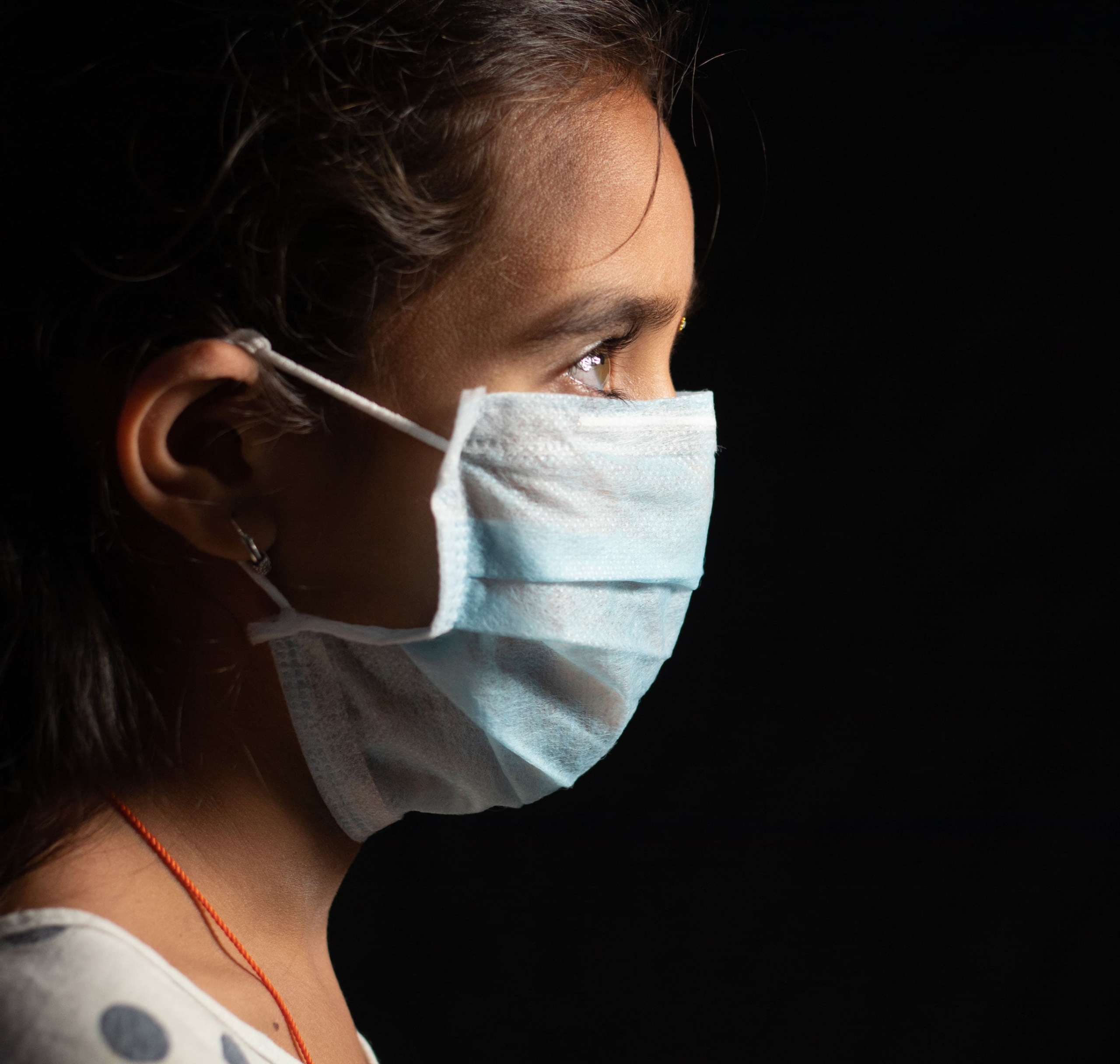Co-design and evaluate a pilot intervention to improve cognitive, functional, and physical outcomes among young people with long-COVID

Project Details
STATUS
START
2023
END
2024
Categories
Clinical Themes
Platforms
Co-design and evaluate a pilot intervention to improve cognitive, functional, and physical outcomes among young people with long-COVID in a multicultural population experiencing social adversity
Through SPHERE NMHA CAG seed funding, we aim to co-design and evaluate the feasibility of a cognitive behaviour therapy (CBT)-based intervention focusing on fatigue and stress reduction among young people in a multicultural population within SWSLHD. Specifically, we will examine the nature and occurrence of long-COVID symptoms in a cohort of young people aged 14 –25 and association with chronic stress (Cohort characterisation phase); Co-design with young people and service providers, essential elements of the CBT-based fatigue intervention (Co-design phase); and Pilot test feasibility of a CBT-based intervention in reducing fatigue and stress, and determine the role of chronic stress in intervention outcome (Intervention phase).
Project team
Valsamma Eapen, Paul Middleton, Grahame Simpson, Daniel Lin, Adam Walker, Amanda Lane-Brown, James John.
Project outcomes
We are currently at the co-design stage and have completed the one-off co-design workshop session with students from Liverpool Girls High School leveraging our Community consultation of the intervention hub (CCI). Findings are being collated and qualitatively analysed into themes to design the intervention. We are also currently interviewing service providers to understand their views and experience of providing care for children and young people with long-COVID symptoms.
Policy impact
We anticipate that the findings of the newly co-designed CBT-based intervention will improve the cognitive and physical outcomes among young people with long-COVID. This would provide ‘proof of concept’ to seek further funding to conduct large scale trials and disseminate the intervention as part of the post-COVID reset of the health and wellbeing interventions. If demonstrated to be effective, this could result in a larger trial involving engagement across multiple sites.